Code Generation: GPT vs Llama 4
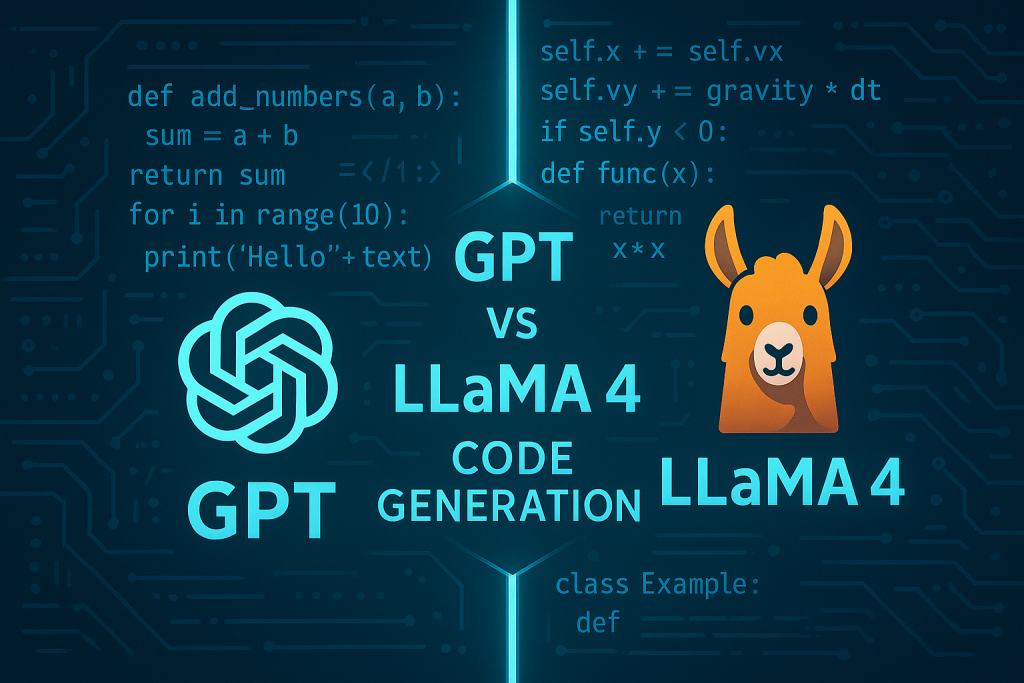
Author Introduction Code generation powered by large language models is reshaping how developers write software. OpenAI’s GPT series and Meta’s open-source Llama 4 are two leading options in this space. In this blog post, I will share my firsthand experience using both models and compare their strengths and weaknesses in code generation tasks. Background In […]
AI to the Rescue: How to Enhance Disaster Early Warnings with Tech Tools
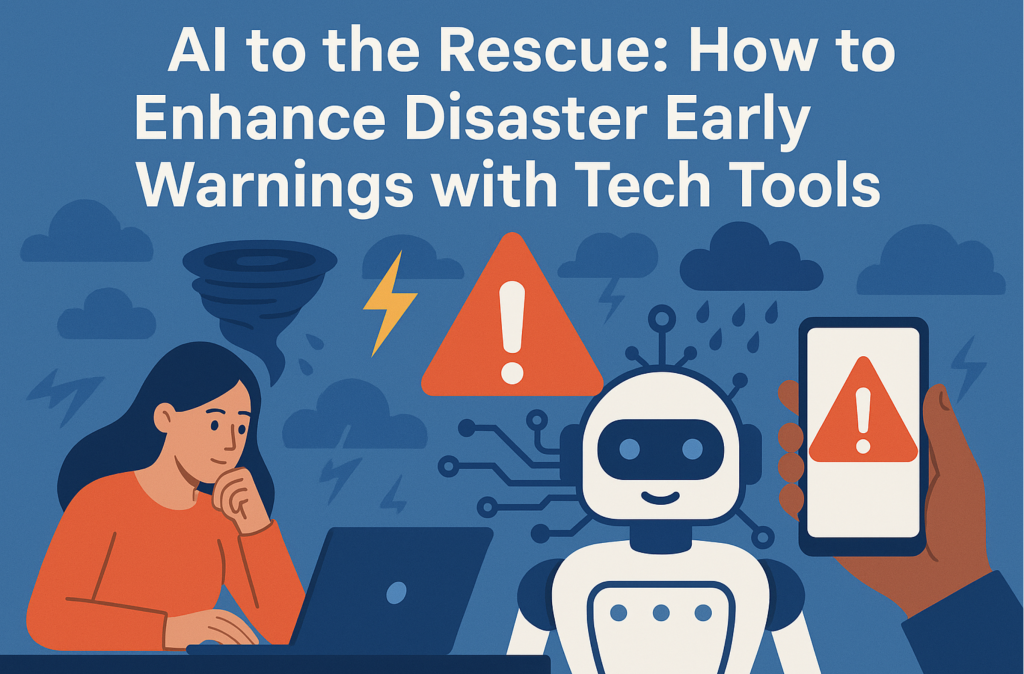
Image generated using DALL-E on 2nd May 2025 Introduction Natural disasters have become more frequent and intense, causing significant threats to the society. Early-warning systems (EWS) are critical for mitigating these impacts by providing timely alerts, allowing time for preparation and evacuation. The United Nations’ Early Warnings for All Initiative, launched to ensure every person […]
People, Not Publications: A New Way to Track AI Investment Returns

Rethinking How We Measure the Value of AI Research This post explores and analyses the article ‘How to track the economic impact of public investments in AI’ by Julia Lane and colleagues. The article was published in 2024. Introduction Governments and corporations worldwide are investing unprecedented sums in artificial intelligence research. The United States federal government […]
AI and Misinformation: A Growing Threat to Democracy and Trust

GenAI and the Battle Against Misinformation. This insight is sourced from Duke Corporate Education on [https://www.dukece.com/insights/genai_and_the_battle_against_misinformation/] Author: Immanuel Alvaro Bhirawa (ORCID ID: 0009-0009-3354-7794) Introduction I’ve been exploring how artificial intelligence is transforming our lives. It’s doing incredible things—think better medical diagnoses or self-driving cars—but there’s a darker side that’s tough to overlook. AI is being […]
AI in Health: A Brief Scoping Review
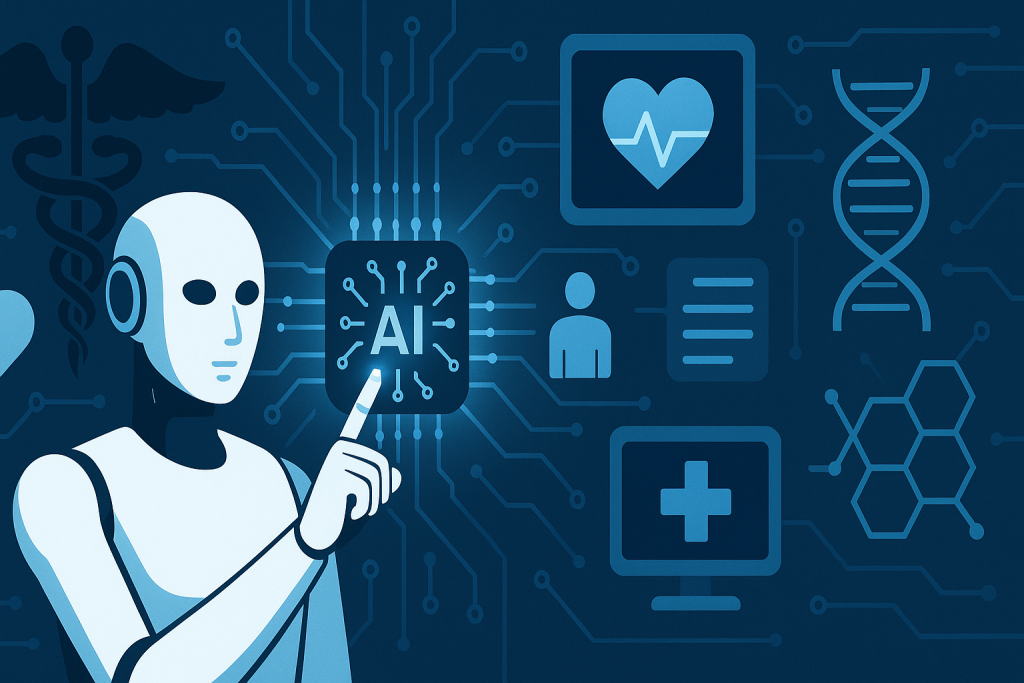
Towards a Comprehensive Classification System for Healthcare AI Applications Author Introduction The rapid advancement of artificial intelligence (AI) technologies has significantly transformed healthcare practices across numerous domains. From diagnostic support to treatment planning, AI applications continue to proliferate throughout medical specialities, creating a complex and diverse landscape of implementations. While research on AI in healthcare […]
What is Qwen2.5-MAX: A Practical Exploration And Personal Experience

Introduction This article presents my hands-on experience with Qwen2.5-MAX, an advanced open-source large language model developed by Alibaba. I set up and explored this model on my personal computer to evaluate its capabilities against GPT-4.5, a recognised leader in AI technology. Through practical tests involving diverse prompts, this exploration provides insights into Qwen2.5-MAX’s strengths and […]
LLM-Graph-Builder
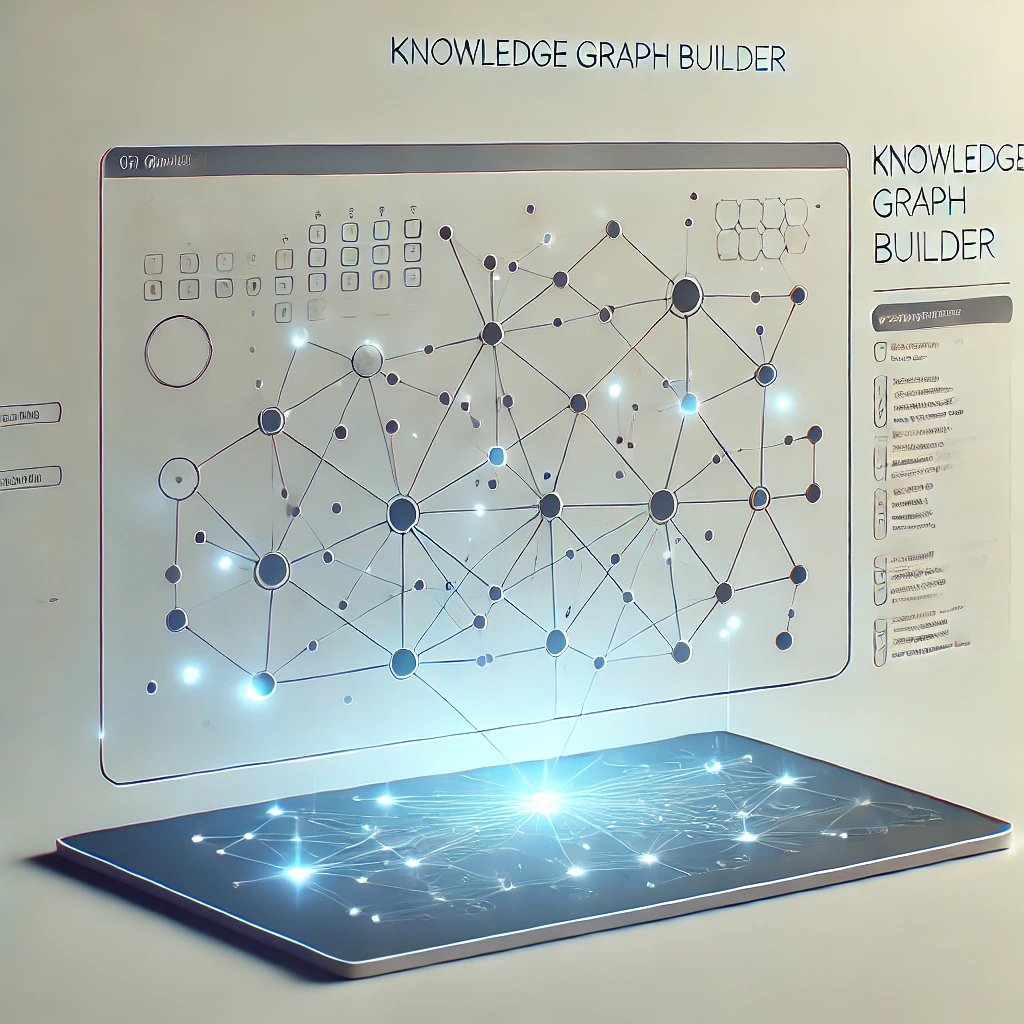
LLM-Graph-Builder: Converting Data into a Knowledge Graph Source: DALLE-3 Author Introduction Creating structured graphs out of unstructured text can be both exciting and challenging. At its core, you’re transforming free-form sentences into connected entities and relationships—effectively turning text into a network of information that’s much easier to analyse and query. This concept of extracting knowledge […]
Developing a REST API in Python and Flask Using Cursor Editor and AI
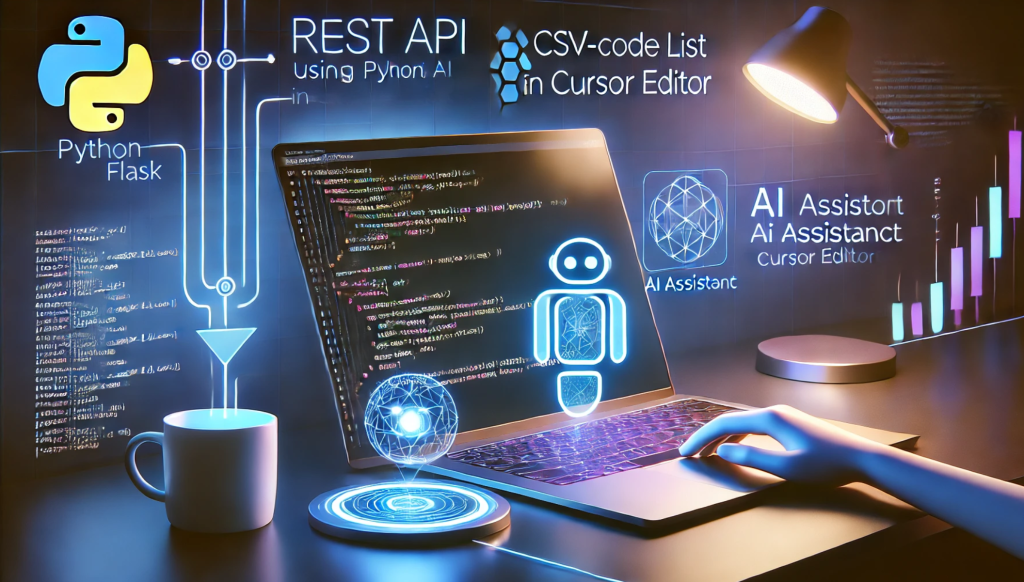
Created using DALL.E on 17 March 2025 Introduction REST APIs are essential for modern web applications, enabling seamless communication between frontend and backend services. Building them from scratch can be time-consuming, but with the right tools, we can streamline the process. This is where Cursor Editor comes in. Cursor is a code editor similar to […]
The 30-Minute Guide to Your First AI Application: Dify.ai + Ollama/chatGPT on Mac

How to create a functional documentation assistant without writing code Introduction Large Language Models (LLMs) have transformed how we build intelligent applications, but implementing production-ready AI systems often requires navigating complex infrastructure, managing model deployments, and building custom interfaces. Many developers face a challenging choice: use simple but limiting no-code platforms that hide the complexity, […]
Generated Knowledge Prompting: Enhancing LLM Responses with Self-Generated Context

Created using Gemini 2.5 Pro on 17 April 2025 for the Prompt “Generated Knowledge Prompting: Enhancing LLM Responses with Self-Generated Context” Introduction Generated Knowledge Prompting is a prompt engineering technique designed to enhance the performance of large language models (LLMs) by leveraging their ability to generate relevant knowledge dynamically. By first generating useful knowledge related […]